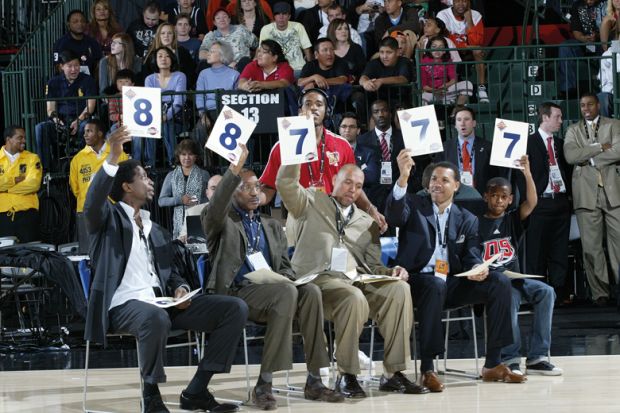The UK needs to overhaul its assessment system so that external examiners are properly equipped to understand what it takes for students to earn certain marks in a discipline, a conference has heard.
The conference came after UK universities published a joint “statement of intent” on tackling grade inflation in the wake of mounting criticism over the huge rise in the number of students getting firsts and 2:1s.
Part of the statement pledges to “support and strengthen” the country’s external examiner system, in which academics from outside a university are appointed to check an institution’s assessment standards.
Sue Bloxham, emeritus professor of academic practice at the University of Cumbria, told the conference at King’s College London that it was “no coincidence” that, despite everyone’s pride in the external examiner system, it had been the subject of constant review and debate over the past 30 years.
This was partly because of the wealth of evidence that academics do not tend to make consistent judgements on the standards that students must meet to achieve different marks in a subject, she said, even when attempts were made to document those standards.
“Assessors interpret written standards differently. We can use words such as ‘excellent’, ‘advanced’, ‘detail’, ‘in-depth’, but frankly unless we have debates about what those mean in relation to specific pieces of work, they have very little power to shore up consistency,” Professor Bloxham said.
“And we don’t at the moment have the places in our system where people do debate the meanings of those words…not in any formal or extensive way.”
Professor Bloxham has been involved with a project run by the professional standards body Advance HE that is exploring ways to help academics in different disciplines “calibrate” standards on student work.
The degree standards project has also been developing training courses for external examiners to help equip them properly for their role.
Margaret Price, professor emerita for assessment and learning at Oxford Brookes University, who is also part of the project, said there had been an “assumption for a very long time” that because academics in subject communities were good at engaging, that also meant that they shared “the same understanding of standards” in a discipline.
Research had shown that that “assumption is not well founded”, and so “I think we would advocate that we do need a more systematic, deliberate approach to…support external examiners to calibrate their standards”.
However, Professor Bloxham also warned that external examiners’ power to protect the value of degrees was limited because they could not change the way universities used degree algorithms to combine marks for a final degree classification.
Such algorithms have been pinpointed as a potentially key reason for grade inflation because it is possible for universities to alter them to improve the share of students getting top degrees.
Geoff Stoakes, Advance HE’s special adviser on degree standards, told Times Higher Education that the use of algorithms had potentially become like an “arms race” because universities did not want to put their own students at a disadvantage.
While the joint statement of intent “is a move towards a measure of arms control”, it should not be beyond the sector to limit the “range” of algorithms that were allowed, he said.
“[Universities UK] had the brief of recommending a sensible…range of algorithms. They haven’t produced that, and I think there are some algorithms that could be agreed across the sector,” he said.




